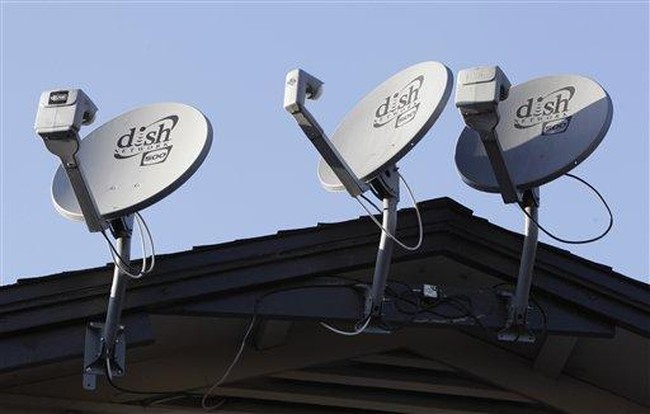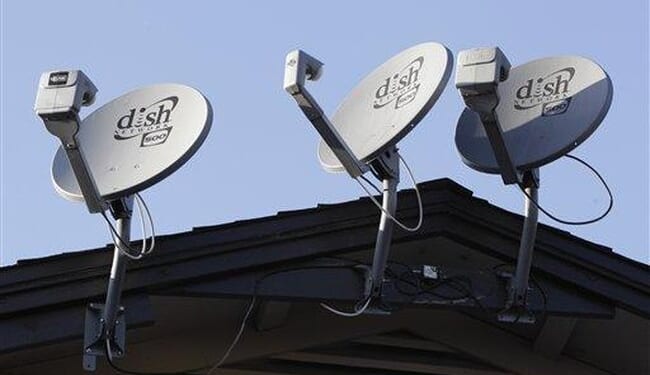
The great thing about America is that the right people can buy all of the justice they can afford. And if you can afford $113,000 in justice, there is no end to what you can accomplish. For instance, last week the Department of Justice dismissed a $3.3 billion civil lawsuit against Dish Network. Coincidentally, toward the end of last year, Dish Network founder Charlie Ergen and his wife donated just over $113,000 to the Biden-Harris campaign.
In what I am sure is another startling coincidence, in January, Dish was given a $50 million grant to expand 5G coverage across the nation. That grant was courtesy of the Biden administration and came from a $1.5 billion fund created as part of the CHIPS and Science Act.
According to The New York Post, on Jan. 12, two days after the grant was announced, the DOJ intervened and told the plaintiff in the lawsuit, Vermont Telephone, to accept a settlement or else it would drop the case against Dish.
The Post notes:
The dispute began in 2015 when Dish placed $13.3 billion in wireless license bids as part of a Federal Communications Commission auction designed to help “very small businesses,” defined as those with revenues lower than $15 million, according to FCC filings previously reported by the Wall Street Journal.
With the help of asset manager BlackRock, Dish scooped up nearly half — 702 of 1,600 — of the wireless licenses, or spectrum, sold at auction by smaller enterprises in which it held controlling stakes, and that qualified for a 25% discount.
That allowed Dish to place bids on $3.3 billion in spectrum in Boston, New York, and Chicago — before the company was even offering cellphone service.
Bennett Ross, the lead attorney for Vermont Telephone, said that the situation was not a coincidence, adding, “With the upcoming election, this case looks like just the latest example of the DOJ’s two-tiered justice system under which the well-heeled, politically connected are treated one way, while everyone else is treated differently.” Ross accused Dish of shortchanging the government $3.3 billion, taking unfair advantage of a program designed to help legitimate small businesses, “distorting” the FCC auction process, and thwarting “the deployment of wireless spectrum for the benefit of the public.” The FCC denied the fraud claim but did take back the $3.3 billion in bidding credits that had been awarded to Dish.
Related: The Mayo Clinic Is Hiring LPNs, But Terms and Conditions Apply
Let’s recap: campaign donation, lawsuit dropped, huge grant awarded, and BlackRock. Ross may have a point, especially when one considers that in 2022 and 2023, the DOJ Civil Division opposed dismissing the suit. It is also a rarity for the division to interfere in fraud claims. Ross told the Post:
As far as we are aware, relators have filed approximately 4,000 [similar] actions under the False Claims Act since 2018, and the DOJ moved for dismissal in approximately 65 of those cases, which is less than two percent. And in those cases where the DOJ has sought dismissal, it generally was because the case suffered from a fatal defect, which is not the case with Vermont Telephone’s claims against DISH.
At this juncture in American history, no one is surprised at government corruption, particularly when it comes to this administration. And it is hard to muster any shock over the fact that in this case, the move was so blatant and even clumsy. While this story will not make the headlines the way the border crisis, the current wars, and inflation do, it is a stark reminder of who is sitting in the White House and what we can expect out of four more years.












